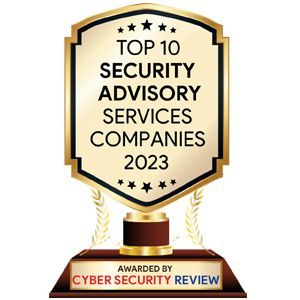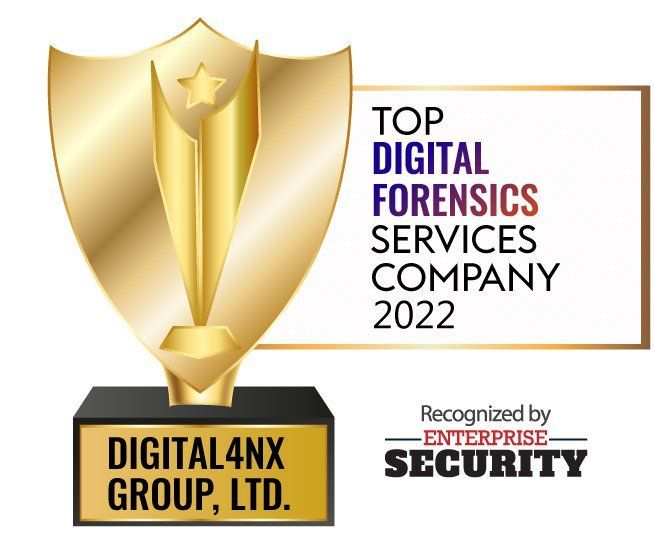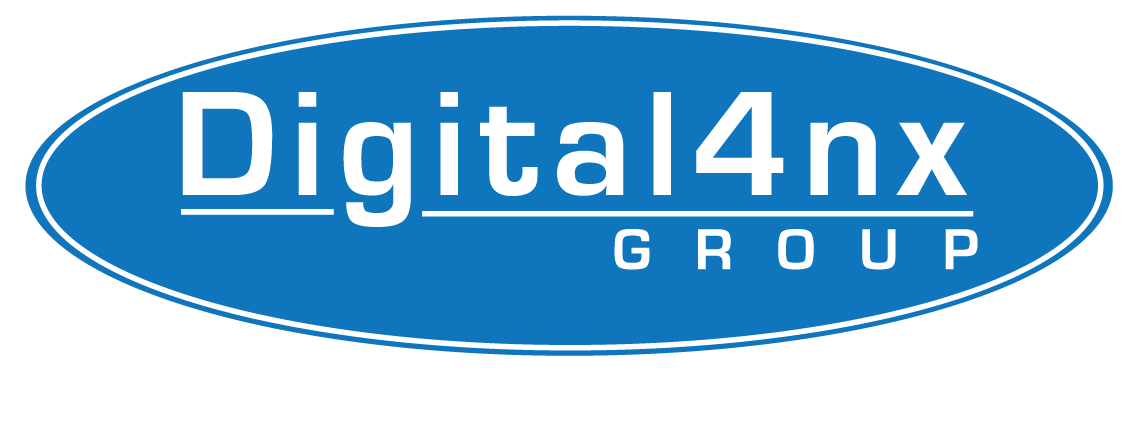Theft of Corporate Records
As a successful sales executive, Mary Marsha was on top of the world. She routinely received job offers from some of her company’s largest competitors. Mary, however, was extremely loyal to her employer and enjoyed both financial freedom and office independence. After all, she was the top booker in the entire organization.
Mary never shared her personal life with anyone in the office. In fact, no one really even knew if Mary was married or not. So when Mary told everyone she was pregnant with her first child, everyone felt it was a bit odd. Her baby wasn’t due for another 7 months, but she wanted to quit working now to prepare – and prepare was exactly what she did.
A few months later, her ex-boss learned that instead of being in her third trimester, Mary was in her third meeting with her ex-company’s best client. Mary seemed to know the “ins and outs” of the account, even though she never worked on it. Her boss became concerned that Mary was not the little lamb he thought she was.
Enter Digital4nx Group . After interviewing several office members, we learned that Mary’s PC was now being used by another employee. We immediately secured the computer and made an image of the hard drive for preservation purposes. As luck would have it, the IT department reformatted the hard drive shortly after Mary’s departure and installed new versions of Windows, Word, Excel, and Outlook.
After applying detailed forensic principles, we were able to reconstruct the drive and retrieve much of Mary’s information. We discovered that the PC at one time had a USB drive connected to it capable of storing 32GB of files without a trace. After a bit of forensic work, we discovered that Mary had created two large Zip files and copied those files to the USB device. A few procedures later, and we were able to restore the two Zip files. One contained a complete listing of all of the company’s accounts. The other contained all proposals written by her previous employer.
Mary was tracked down by conventional methods at her new employer and now awaits trial. It looks like she will go through the pains of her labor after all.
** After solving this matter, the company retained Digital4nx Group to implement a comprehensive Early Case Assessment Strategy to preserve data in the event of another incident.










